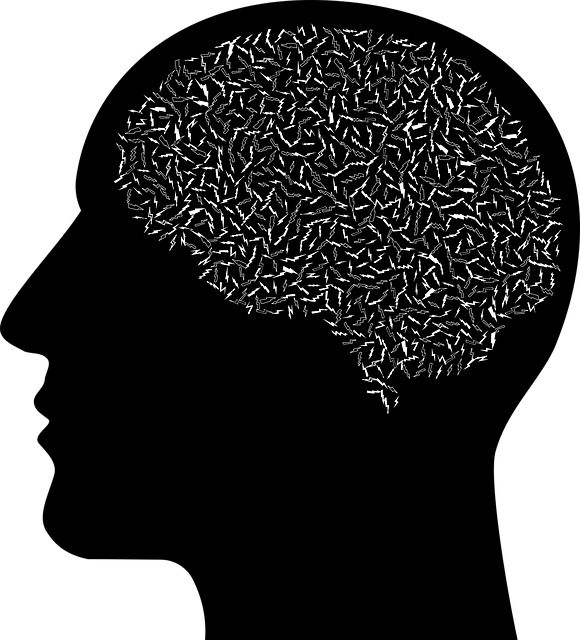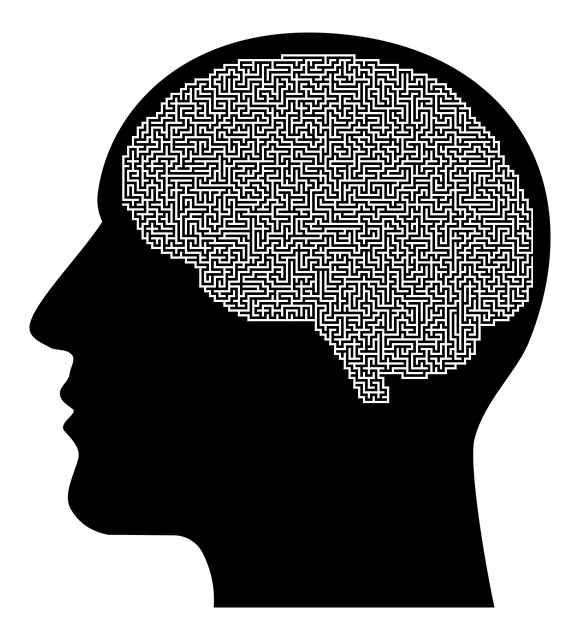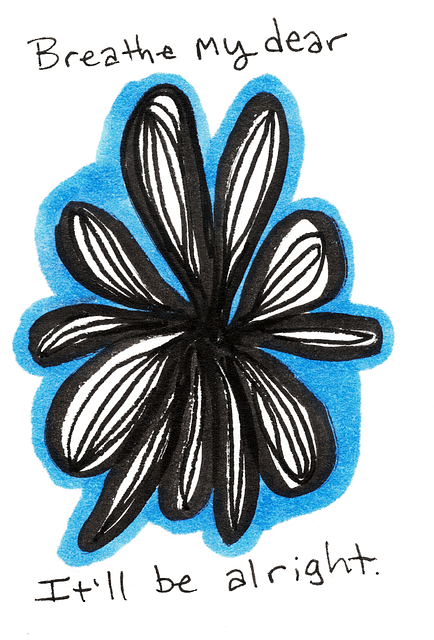Castle Rock Adolescent and Teen Therapy (AAT) emphasizes cultural sensitivity as a cornerstone of effective mental healthcare, addressing barriers in diverse communities. By understanding and incorporating cultural contexts into therapy practices, AAT creates safe spaces for teens from various backgrounds to open up about their unique experiences. They employ strategies like Mindfulness Meditation and culturally competent training, advocating for equitable access through Mental Health Policy Analysis. This holistic approach leads to better outcomes, reducing stigma and empowering young individuals with tailored support.
“Cultural sensitivity is a cornerstone of modern mental healthcare, especially within adolescent therapy. This article explores the intricate aspects of cultural competence and its profound impact on patient outcomes, focusing on the practices at Castle Rock Adolescent and Teen Therapy (AAT). We delve into the understanding of cultural sensitivity, its significance in adolescent treatment, and strategies to overcome barriers. By addressing these topics, we aim to enhance mental healthcare delivery, ensuring diverse therapies that resonate with patients from various cultural backgrounds, as offered by Castle Rock AAT.”
- Understanding Cultural Sensitivity in Mental Healthcare
- The Importance of Cultural Competence in Adolescent Therapy
- Challenges and Misconceptions: Addressing Cultural Barriers
- Strategies for Culturally Sensitive Practice at Castle Rock AAT
- Enhancing Patient Outcomes through Diverse Therapies
Understanding Cultural Sensitivity in Mental Healthcare

Cultural sensitivity is a cornerstone in mental healthcare practice, ensuring that services are accessible and effective across diverse populations. It involves understanding and appreciating the unique cultural beliefs, values, and practices of individuals and communities, which can significantly impact their mental health experiences and expressions. By adopting a culturally sensitive approach, mental health professionals at Castle Rock Adolescent and Teen Therapy can create a safe and supportive environment, fostering open communication and trust.
This concept transcends simple language translation; it requires professionals to be mindful of their own biases and to educate themselves on the specific cultural contexts of their clients. Effective risk assessment and management planning for mental health professionals should incorporate cultural sensitivity strategies. For instance, a thorough understanding of cultural norms can help in accurately interpreting symptoms, tailoring treatment plans, and facilitating better patient engagement. Moreover, mental health policy analysis and advocacy efforts must consider these aspects to ensure equitable access to care for all, regardless of cultural background.
The Importance of Cultural Competence in Adolescent Therapy

In the realm of adolescent therapy, cultural competence is a Castle Rock Adolescent and Teen Therapy game-changer. Today’s diverse communities demand approaches that go beyond universal treatment plans. Therapists must navigate the intricate tapestry of cultural identities, beliefs, and practices to offer truly effective support. This sensitivity enables professionals to create safe spaces where teens feel understood and empowered to share their unique experiences.
Implementing a Community Outreach Program and engaging in Mental Wellness Journaling Exercises can further enhance cultural competence. By reaching out to diverse groups, therapists can reduce the stigma surrounding mental illness, a significant barrier for many adolescents. These initiatives, coupled with guidance on navigating cultural nuances, ensure that services like Castle Rock Adolescent and Teen Therapy are inclusive, accessible, and life-changing for all youth seeking support.
Challenges and Misconceptions: Addressing Cultural Barriers

Navigating cultural barriers is a significant challenge within mental healthcare, particularly when serving diverse communities. Many misconceptions and stereotypes exist that hinder effective treatment, often rooted in historical and systemic inequalities. For instance, some individuals from marginalized backgrounds may face assumptions about their resilience or experience resistance to seeking help due to past traumatic experiences with healthcare systems.
At Castle Rock Adolescent and Teen Therapy, we recognize these challenges and strive for culturally sensitive practices. Incorporating strategies such as Mindfulness Meditation can foster a sense of safety and trust while respecting diverse belief systems. Moreover, through Mental Health Policy Analysis and Advocacy, we aim to understand and address systemic barriers, ensuring that all individuals have equitable access to quality mental healthcare services tailored to their unique cultural needs.
Strategies for Culturally Sensitive Practice at Castle Rock AAT

At Castle Rock Adolescent and Teen Therapy (AAT), we recognize that cultural sensitivity is a cornerstone of effective mental healthcare. Our strategies focus on fostering an inclusive environment where young individuals from diverse backgrounds feel seen, heard, and respected. By integrating compassion cultivation practices, we cultivate a safe space for clients to explore their unique identities and challenges. This approach not only enhances therapy outcomes but also equips them with essential coping skills development tailored to their cultural contexts.
We believe in the power of active listening, cultural competence training for therapists, and incorporating relevant community resources. These measures ensure that our interventions are culturally responsive, addressing specific needs related to depression prevention without perpetuating harmful stereotypes. Through these initiatives, Castle Rock AAT strives to create a supportive network where every adolescent can navigate their mental health journey with dignity and understanding.
Enhancing Patient Outcomes through Diverse Therapies

In a world growing increasingly diverse, cultural sensitivity in mental healthcare is no longer an option but a necessity. Incorporating various therapeutic approaches that cater to different cultural backgrounds and beliefs can significantly enhance patient outcomes. For instance, Castle Rock Adolescent and Teen Therapy recognizes the importance of tailoring treatments to meet the unique needs of each individual. By offering a range of therapies, including those focused on self-esteem improvement and stress reduction methods, they ensure comprehensive care. These diverse practices not only address specific mental health concerns but also foster a sense of belonging and understanding, which is essential for long-term well-being.
Through culturally sensitive therapy, adolescents and teens can learn effective anxiety relief strategies that resonate with their personal experiences and cultural contexts. By embracing this inclusive approach, mental healthcare providers create a safe space where patients feel heard, validated, and empowered to embark on their journey towards healing. As such, diverse therapeutic techniques not only contribute to improved mental health outcomes but also enrich the overall therapeutic process, reflecting the vibrant tapestry of our society.
Cultural sensitivity in mental healthcare is no longer a consideration, but an essential component for effective treatment. As highlighted by strategies at Castle Rock AAT, integrating diverse therapies tailored to adolescent patients’ cultural backgrounds enhances outcomes and builds trust. By addressing misconceptions and challenges, therapists can provide culturally competent care, ensuring every young person receives the support they need, regardless of their background. This approach not only fosters better mental health outcomes but also strengthens communities, as demonstrated by the successful implementation at Castle Rock Adolescent and Teen Therapy.












